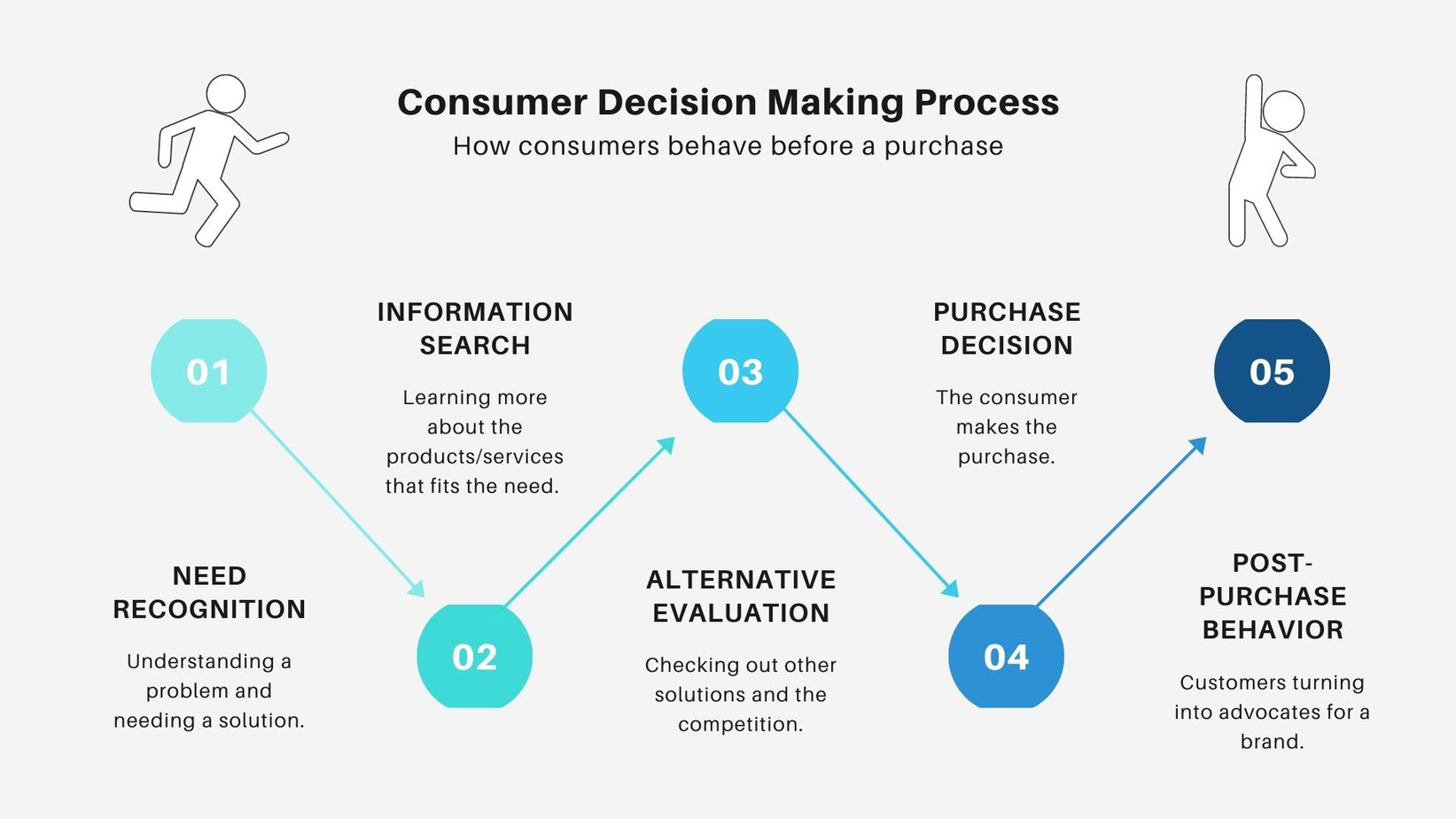Why Boring Businesses Can Be Surprisingly Lucrative
When it comes to investing in businesses, many people tend to focus on trendy and exciting industries, such as tech or e-commerce. However, this approach often overlooks the potential of boring businesses, which can provide stable returns and lower risks. Boring businesses, by definition, are those that operate in unremarkable industries, such as waste management, laundry services, or manufacturing. While they may not be glamorous, these businesses often have a steady demand and can generate consistent revenue streams.
One of the main advantages of investing in boring businesses is the reduced risk. These businesses typically have a stable customer base and are less likely to be affected by market fluctuations. Additionally, boring businesses often have lower marketing and advertising expenses, as they don’t need to constantly promote themselves to attract customers. This can result in higher profit margins and a more predictable income stream.
Another benefit of boring businesses is the potential for long-term growth. While they may not experience rapid expansion, these businesses can provide steady returns over time. This is particularly attractive to investors who are looking for a stable source of income, rather than a quick profit. Furthermore, boring businesses often have a lower risk of obsolescence, as they provide essential services that are always in demand.
Investing in boring businesses can also provide a diversification benefit. By adding these types of businesses to a portfolio, investors can reduce their exposure to market volatility and increase their potential for long-term returns. This is particularly important in today’s fast-paced business environment, where trends and technologies can change rapidly.
Some of the best boring businesses to buy are those that have a proven track record of stability and growth. These businesses often have a strong management team, a solid financial foundation, and a clear vision for the future. By investing in these types of businesses, investors can reduce their risk and increase their potential for long-term returns.
How to Identify Undervalued Opportunities in Unremarkable Industries
Identifying undervalued opportunities in unremarkable industries requires a combination of research, analysis, and due diligence. One approach is to look for industries that are often overlooked by investors, but have a steady demand and potential for growth. For example, the waste management and disposal services industry is often considered a boring business, but it has a consistent demand and can provide stable returns.
Another approach is to analyze industry trends and identify areas that are ripe for disruption. For instance, the laundry and dry cleaning industry is a traditional business that has been around for decades, but it is also an industry that is ripe for innovation and disruption. By identifying areas of inefficiency and developing new solutions, investors can capitalize on the growth potential of this industry.
When researching unremarkable industries, it’s essential to look beyond the surface level and dig deeper into the financials, market trends, and competition. This can help identify potential opportunities and pitfalls, and provide a more comprehensive understanding of the industry. Additionally, it’s crucial to evaluate the management team, their experience, and their vision for the future.
Some of the best boring businesses to buy are those that have a strong track record of stability and growth. These businesses often have a solid financial foundation, a clear vision for the future, and a strong management team. By investing in these types of businesses, investors can reduce their risk and increase their potential for long-term returns.
Some examples of unremarkable industries that have potential for growth include:
- Waste management and disposal services
- Laundry and dry cleaning services
- Manufacturing and production
- Transportation and logistics
These industries may not be glamorous, but they have a steady demand and can provide stable returns. By identifying undervalued opportunities in these industries, investors can capitalize on the growth potential and achieve their investment goals.
The Benefits of Investing in a Business with a Proven Track Record
When it comes to investing in businesses, one of the most important factors to consider is the company’s track record. A business with a proven track record of stability and growth can provide investors with a sense of security and confidence in their investment. This is particularly true for boring businesses, which often have a steady demand and can provide stable returns.
One of the main advantages of investing in a business with a proven track record is reduced risk. A company with a stable history is less likely to experience sudden downturns or unexpected setbacks, which can provide investors with a sense of security and stability. Additionally, a business with a proven track record is more likely to have a strong management team, a solid financial foundation, and a clear vision for the future.
Another benefit of investing in a business with a proven track record is the potential for predictable revenue streams. A company with a stable history is more likely to have a consistent customer base and a predictable revenue stream, which can provide investors with a sense of security and stability. This is particularly true for boring businesses, which often have a steady demand and can provide stable returns.
Some of the best boring businesses to buy are those that have a proven track record of stability and growth. These businesses often have a strong management team, a solid financial foundation, and a clear vision for the future. By investing in these types of businesses, investors can reduce their risk and increase their potential for long-term returns.
When evaluating a business with a proven track record, it’s essential to consider several factors, including:
- Financial performance: Look for a company with a stable financial history, including consistent revenue growth and profitability.
- Management team: Evaluate the management team’s experience, skills, and track record of success.
- Market trends: Analyze the market trends and competition to ensure the business is well-positioned for future growth.
- Customer base: Evaluate the customer base and ensure it is stable and loyal.
By considering these factors, investors can make an informed decision about investing in a business with a proven track record. This can provide a sense of security and stability, as well as the potential for long-term returns.
Exploring the World of Waste Management and Disposal Services
The waste management and disposal services industry is often considered a boring business, but it is also a vital one. Every household, business, and institution generates waste, and someone has to collect, transport, and dispose of it. This industry is a great example of a boring business that can be profitable, with a steady demand and opportunities for growth.
One of the key benefits of investing in the waste management and disposal services industry is the potential for predictable revenue streams. Waste management companies typically have long-term contracts with municipalities, businesses, and institutions, which provides a stable source of income. Additionally, the industry is less likely to be affected by economic downturns, as waste management is an essential service that is always in demand.
Another advantage of investing in the waste management and disposal services industry is the potential for innovation. With the increasing focus on sustainability and environmental protection, waste management companies are developing new technologies and strategies to reduce waste and increase recycling. This presents opportunities for investors to capitalize on the growth potential of the industry.
Some of the best boring businesses to buy in the waste management and disposal services industry include:
- Waste collection and transportation companies
- Landfill and disposal facility operators
- Recycling and composting facilities
- Waste-to-energy plants
When evaluating a waste management and disposal services company, it’s essential to consider several factors, including:
- Market demand: Evaluate the demand for waste management services in the area and the company’s market share.
- Competition: Analyze the competition in the industry and the company’s competitive advantage.
- Regulatory environment: Consider the regulatory environment and the company’s compliance with environmental and safety regulations.
- Financial performance: Evaluate the company’s financial performance, including revenue growth and profitability.
By considering these factors, investors can make an informed decision about investing in a waste management and disposal services company. This can provide a stable source of income and opportunities for growth, making it a great example of a boring business that can be profitable.
The Profitability of Investing in a Laundry or Dry Cleaning Business
The laundry and dry cleaning industry is another example of a boring business that can provide stable returns. This industry is often overlooked by investors, but it has a consistent demand and can be a profitable venture. Laundry and dry cleaning services are essential for many households and businesses, and the demand for these services is unlikely to decline.
One of the key benefits of investing in a laundry or dry cleaning business is the potential for predictable revenue streams. These businesses typically have a steady customer base and can generate consistent revenue streams. Additionally, the industry is less likely to be affected by economic downturns, as people will always need to clean their clothes and linens.
Another advantage of investing in a laundry or dry cleaning business is the potential for scalability. These businesses can be easily expanded to meet growing demand, and new locations can be opened to increase revenue. Additionally, the industry is relatively easy to enter, as the initial investment required to start a laundry or dry cleaning business is relatively low.
Some of the best boring businesses to buy in the laundry and dry cleaning industry include:
- Laundry and dry cleaning services for households and businesses
- Laundry and dry cleaning services for hospitals and healthcare facilities
- Laundry and dry cleaning services for hotels and restaurants
- Laundry and dry cleaning services for industrial and commercial clients
When evaluating a laundry or dry cleaning business, it’s essential to consider several factors, including:
- Market demand: Evaluate the demand for laundry and dry cleaning services in the area and the business’s market share.
- Competition: Analyze the competition in the industry and the business’s competitive advantage.
- Equipment and facilities: Evaluate the condition and quality of the business’s equipment and facilities.
- Financial performance: Evaluate the business’s financial performance, including revenue growth and profitability.
By considering these factors, investors can make an informed decision about investing in a laundry or dry cleaning business. This can provide a stable source of income and opportunities for growth, making it a great example of a boring business that can be profitable.
How to Evaluate the Potential of a Boring Business Before Making a Purchase
When considering investing in a boring business, it’s essential to evaluate its potential before making a purchase. This involves conducting thorough research and analysis to determine the business’s strengths, weaknesses, opportunities, and threats. Here are some key factors to consider when evaluating the potential of a boring business:
Financials:
- Revenue growth: Evaluate the business’s revenue growth over time to determine its potential for future growth.
- Profitability: Analyze the business’s profitability, including its gross margin, operating margin, and net income.
- Cash flow: Evaluate the business’s cash flow to determine its ability to meet its financial obligations.
Market trends:
- Industry trends: Research the industry trends and outlook to determine the business’s potential for growth.
- Market size: Evaluate the size of the market and the business’s market share.
- Competitive landscape: Analyze the competitive landscape to determine the business’s competitive advantage.
Competition:
- Competitor analysis: Evaluate the business’s competitors, including their strengths, weaknesses, and market share.
- Barriers to entry: Determine the barriers to entry for new competitors and the business’s ability to maintain its market share.
Management team:
- Experience: Evaluate the management team’s experience and track record of success.
- Skills: Determine the management team’s skills and abilities to lead the business to success.
Operations:
- Efficiency: Evaluate the business’s operational efficiency and ability to scale.
- Supply chain: Analyze the business’s supply chain and logistics to determine its ability to meet customer demand.
By considering these factors, investors can make an informed decision about investing in a boring business. This can help to minimize risk and maximize returns, making it a great opportunity for those looking to invest in a stable and profitable business.
Real-Life Examples of Successful Boring Businesses
While boring businesses may not be the most exciting investment opportunities, they can provide strong returns for investors. Here are some real-life examples of successful boring businesses that have provided strong returns for investors:
Example 1: Waste Management Inc.
Waste Management Inc. is a leading provider of waste management services in the United States. The company has a proven track record of stability and growth, with a strong management team and a solid financial foundation. Waste Management Inc. has provided strong returns for investors, with a dividend yield of over 2% and a stock price that has consistently outperformed the market.
Example 2: Sysco Corporation
Sysco Corporation is a leading distributor of food and related products to the foodservice industry. The company has a stable business model and a strong management team, with a proven track record of growth and profitability. Sysco Corporation has provided strong returns for investors, with a dividend yield of over 2% and a stock price that has consistently outperformed the market.
Example 3: Procter & Gamble Company
Procter & Gamble Company is a leading consumer goods company that produces a wide range of products, including Tide laundry detergent, Pampers diapers, and Gillette razors. The company has a stable business model and a strong management team, with a proven track record of growth and profitability. Procter & Gamble Company has provided strong returns for investors, with a dividend yield of over 2% and a stock price that has consistently outperformed the market.
These examples demonstrate that boring businesses can provide strong returns for investors. By investing in companies with a proven track record of stability and growth, investors can minimize risk and maximize returns.
The key factors that contributed to the success of these companies include:
- A stable business model with a strong management team
- A solid financial foundation with a proven track record of growth and profitability
- A strong competitive advantage with a well-established brand
- A consistent dividend yield with a stock price that has consistently outperformed the market
By considering these factors, investors can identify other boring businesses that have the potential to provide strong returns.
Conclusion: Why Boring Businesses Deserve a Second Look
In conclusion, boring businesses can be surprisingly lucrative and deserve a second look from investors. While they may not be the most exciting investment opportunities, they can provide stable returns and lower risks. By investing in companies with a proven track record of stability and growth, investors can minimize risk and maximize returns.
The benefits of investing in boring businesses are numerous. They offer a stable source of income, predictable revenue streams, and a lower risk of failure. Additionally, boring businesses are often less affected by market fluctuations and economic downturns, making them a more reliable investment opportunity.
When evaluating boring businesses, it’s essential to consider several factors, including financials, market trends, and competition. By doing so, investors can identify opportunities that have the potential to provide strong returns and minimize risk.
Some of the best boring businesses to buy include those in the waste management and disposal services industry, the laundry and dry cleaning industry, and the consumer goods industry. These businesses have a proven track record of stability and growth and offer a stable source of income and predictable revenue streams.
Investing in boring businesses requires a different mindset than investing in trendy and exciting businesses. It requires a focus on stability, predictability, and long-term growth rather than short-term gains. By adopting this mindset, investors can reap the rewards of investing in boring businesses and achieve their long-term financial goals.
So, the next time you’re considering investment opportunities, don’t overlook the boring businesses. They may not be the most exciting, but they can provide stable returns and lower risks. By giving them a second look, you may just find the perfect investment opportunity for your portfolio.








